I recently posted about the advantage I managed to squeak out of the international mortgage lending crises, and another lending crises that was yet another lucky near miss for me was...
The education system.
When I write that I come from a poor family, I don't mean the kind of poor where you can't afford an iPhone. I mean generational poor. I mean parents living in a pigeon coop with pigeons poor. At one point, my dad's weight dropped to 115 lbs. When my parents were finally able to buy a house, it was bought on foreclosure and was in a very grubby neighborhood where we discovered things like the drug dealer's stash of pills on the neighbor's lawn. The guy around the corner was a pervert who broke into our home and stole all our underwear.
I had no idea what that meant until years later.
People shot at our house.
And the guy who ended up losing the house to us to foreclosure was so angry at losing the house, he rigged the water heater to explode when we moved in.
Which it did.
I once gave an interview where I described my childhood as “idyllic” because our small city had a lot of trees, I spent a lot of time in the woods (and that was actually pretty nice,) and I seemed to have no trouble figuring out who the good guys and bad guys were when I was growing up, because the bad guys were shooting at my house and the good guys weren’t.
In publishing, the bad guys were a lot harder to spot.
I didn't realize how poor we were growing up because we didn’t get to see television much and the rest of the world was a fuzzy concept. My dad got a job working for the city, but it was only $3000 a year. And they would fire you if you applied for public aid.
So, poor.
It wasn't until about a decade later when we moved into the middle class suburbs that I got an idea of just how much I didn't fit in because not enough money.
Because I'd come from a poor neighborhood, the new school system, which was one of the highest rated in the state, treated me like an idiot. So all of my advanced placement school credits were wiped and they set me back to take all the classes I'd already taken because people from poor neighborhoods and poor school districts can't possibly do well in school.
If I got good grades, I must have been graded on a curve.
At my old school, I got very high numbers on my standardized tests, high enough that my school called my parents to make sure I’d be in to take them because my scores raised the school average.
But in the suburbs, this counted for naught, for I was from a poor neighborhood in a small city, and probably had no frontal lobe.
I completely lost interest in some subjects I had to take more than once, like algebra which I'd already had. I was bored out of my mind.
When I did succeed or achieve, the resentment was epic, though nothing like what I've had to deal with in comics. I was singularly amused to hear one of the popular girls, confused that I got the lead in the school musical, say in astonishment, "Well, sometimes she dresses nice and sometimes she doesn't!"
As if that had anything to do with whether or not I could sing.
Me, as Kim McAfee in Bye,Bye, Birdie. Singing better than you. Also way cuter, so I got the part. Too bad for you.
I had a series of small time jobs ever since I was a kid, and knowing my parents could not possibly pay for my education, I began doing what I had to do to pay for it myself. By my mid teens I started paying for my own haircuts, clothes, and glasses whenever I could. I even paid a modest rent when I was out of high school.
Basically, I learned early on there was no free ride.
Anyway, I graduated when I was 17. I was able to get scholarships, two for academics and one for art. I didn’t even apply for them because I was sure I would be rejected, so I was surprised to get them. None were major money, but they got me through my first year of college. I was also offered a prestigious William Styron scholarship that would mean taking more required classes that would eat up most of the scholarship dough, so I passed on that opportunity. And I refused to take a loan.
Debt is bad. Pay cash. That's how I was raised.
As soon as the original scholarship money was out, I was pretty much done with college. I tried going back years later to take a single class, and when it was class or an art deadline, the deadline won. So I didn't go back again.
I majored in business. I had two art classes with teachers who almost never showed up for class. One guy came to class about three times and spent no time with me because I was into comics. He had nothing but contempt for my work.
When I made the local paper a few years later, he asked if he could bring over some students to my studio, and then acted like he invented me.
Asshole.
Anyway, college taught me nothing I could use in comics.
I recall getting lifelong benefit from only one class: statistics.
In statistics class, I learned not to trust statistics.
Still, I've always felt glum about not being able to get a proper education. My dad who had to leave high school at about age 13 to go to work, was able to go to university because the city he worked for decided an educated work force was better than not: he spent decades going to school, eventually getting a Master's Degree, and becoming a adjunct professor himself.
And he used to have me help grade his papers.
Grading my dad's papers was a revelation.
The quality of the work was sometimes so bad papers read like they were written by little kids. My dad would pre-flight his tests on me reasoning that if I could pass them without ever taking his class, his students ought to be able to.
But many could not.
Some could barely read, and others could barely write.
My dad - non tenured - taught at several universities, but also at a number of smaller colleges that were taking almost anyone, lowering the qualifications for entry, and accepting students who were wholly unprepared for the rigors of academia and the workload.
I'm not saying this about ALL students or ALL schools. But these papers these kids were turning in - some of the students older than me - were brain garbage. I could not figure out how they got in those schools that I was sure I would never get into.
My lack of genuine art education always rankled, as you may imagine. One well-known artist once told me he hated my art because it was too academic, not knowing I've not had the classical art classes he thinks I've had.
Sketches from high school, trying to teach myself anatomy from the circa 1960 Famous Artist Course books I got from my mom.
He has been known to do some kissing up to me in the years since, but whatever.
Behold, many years later I draw even more like an old dead white arting dude. Ask me if I care if you don’t like it.
Several of the well-known comics artists used to put me down, assuming I had all their advantages and just couldn’t learn, for how else could anyone reach the venerable age of twenty-five and not grok the things these worthies knew about production and paste up?
They went to big art schools, and universities, and in some cases they were the children of professional artists. I had none of that.
One particular Bloated Gasbag, who had all the advantages of private school and multiple higher education opportunities, as well as formal art classes, used to dog my heels with endless envious yelping, going on and on about how I was some super-privileged evil blond cheerleader/prom queen/mean girl (look who’s talking) who never lifted a finger to get where I got in comics but for exploiting my proximity to leering men (clearly, they don’t know me very well, they just pretend to on Discord,) when in reality, they’ve had all the money and class advantages I never had.
And yet they still can’t draw half as good as me.
Boo hoo.
Virtually everything I know about art is self taught. Even when I spent time with Kelly Freas, my beloved mentor, he never really gave me a formal art lesson. I think in all the hours I spent with him, he only went over my art maybe 4 hours in total.
So, back in 2006, I decided to go to art school with some of the money I made from selling my house. I heard the newfangled art schools would let you take classes online. So I signed up with the Art Institute of Pittsburgh to get a degree in digital art.
Kelly Freas had gone there, so it must be good, right?
I was so sure a Real Art School was akin to Mount Olympus I was afraid they wouldn't let me in, even though I'd been a professional artist for years. I was absolutely delighted when they accepted me!
I thought I'd been anointed.
They asked me if I wanted to take out a student loan.
They asked a lot.
They asked so many times I asked them to quit asking.
I said "I'll pay as I go," and they seemed disappointed.
I dodged a bullet, kids
The Art Institute misled me about the nature of the school and the classes. They misled everyone.
They should never have accepted my application, because back then I was on dial up speed, and you may imagine the hilarity of me trying to take online classes on dial up. This was before Zoom and most of the classes were just simple message board portals. They knew this when I signed up.
Trying to take those classes was mind-numbing exposure to the sound of the dial-up squeal.
Everything not on the message board was lynda.com
Lynda.com (now LinkedIn Learning) was a great website that allowed you to pay a monthly fee of $25 to take as many online video classes as you like.
However, everything about the online classes at Art Institute of Pittsburgh boiled down to "Go take this video class at lynda.com - it's free for you as a student!"
It was HILARIOUS.
To get a degree from that joint, you were going to be set back six figures of dough to take classes you could get at lynda.com for $25 per month (later $19.99 a month).
Seriously?
Well, yeah.
I told the recruiter, who I was, what I did for a living, and submitted a portfolio. I had to write an essay about what I was hoping to achieve with my education. I was very clear about my goals: I was going to art school to learn Digital Art.
And there I was, spending thousands of dollars learning to make a color wheel, and writing essays about the color pink. I shit you not. And trying to watch videos while on dial up speed that were costing me thousands, while if I quit school and went to lynda.com instead, they’d cost me $25 a month.
I began to get hostile. My essays got snarky.
All of the students with the exception of one had almost no ability and were unlikely to gain any at that school. One professional artist from Mexico had major chops, and like me was trying to get a degree, and there we were, stuck and embarrassed as hell.
Everyone else...man, they were going to spend six figures in there and end up working a food service job. I mean, it was sad.
Several of the students contacted me privately to say how unhappy they were with the school and how they felt ripped off. One wrote me an impassioned letter about how she had sunk a fortune into the school that she could never pay back.
And then...one of my teachers realized who I was.
He was a Sandman fan.
Behold the power of Dreams. And how some will use your dreams to take horrible advantage of you.
He told me the whole place was a rip off, a diploma factory. They accepted everyone who applied, and there went my big ego, thinking I had earned a place there with my skills.
They accepted everyone for the loan fee commission they got and kept the money churning by processing students like sausage. It was all a scheme to rip off the government loan programs and the taxpayer got stuck covering the defaults. They knew most of the students couldn't possibly pay back those loans, and very few would ever get art jobs at graduation.
Former student Brandon Schultz complained that the graphic design classes were “just a bunch of beginner lessons on how to use those programs” and that he “never did any graphic design work.” After graduation, Schultz couldn’t pass any of the common tests that graphic design companies provide to potential employees.
Anonymous Teacher said I had no business being there and warned me to run for my life.
I sent him some signed comics.
And then I wrote the dean.
If paper could be read and burn at the same time, that is what that dean got from me.
I told him I had been very clear about who I was and my reason for attending the school. That year I'd been Artist in Residence at the Smithsonian for God's sake.
And there I was taking a class at the Art Institute of Pittsburgh: how to draw the color wheel.
I was furious. I was misled.
The Digital Art Degree by all accounts was pretty useless. I dug up lawsuits against the school showing how many students had been defrauded and brought deep into debt by their loan practices. And I had a mind to sue as well.
In less than a day, I got a call from the dean, and I laid out what was in my letter in my Angry and Yet Fully In Control of Myself Voice.
He said: "We'll settle this one."
I got my money back.
And they offered me a job.
No.
The education system in this country is as rigged as the mortgage loan system, and it is only via pure luck that I didn't get destroyed by both.
Poor people are led to believe that if they just sign on the dotted line they will be able to take part in the American Dream, get a home, an education, and make their lives better for themselves and their families.
When I've questioned whether or not higher education is really the best option for some people, educators get upset as they interpret this as my discouraging people from bettering themselves.
Why, you can’t possibly broaden your horizons without paying $100,000 or more to be told what books to read!
In all those books, did none of these people with broad horizons learn anything about classism? And doesn’t all of this You Must Go To College to be a Real Artist (or whatever) rhetoric qualify as a luxury belief?
Our education system is built on a loan system that disadvantages the people who need it most. It allows them to accrue massive debt they can't possibly repay by claiming that doing so will give them better lives. They would have been better off learning a trade, not because they are stupid or not capable, but because they cannot benefit from a fraudulent scheme.
In mortgage lending, the sleazy NINJA loan - No Income No Job - nearly sank the real estate market. The loans ripped off the poor, and the taxpayers ate the losses.
But we do the same thing with students. Students have no income and no jobs. And yet, you can get a student loan with no money and no solid prospects.
Add to this the bonkers and completely rando system of expiring college credits.
While I was able to transfer some of my original credits from college to the Art Institute, you may imagine how amused I was to find out I’d have to take some of the basics all over again.
Yay. Just like in elementary school.
A friend of mine attended a major university part time in an attempt to get an oceanography degree. However, the system was set up so that a student attending part time could never get a science degree: older credits kept expiring. So he finally changed his major and graduated with a degree in history.
NO ONE from the school made any effort to explain to him that as long as he kept going part time, he could never graduate.
Wasted money and effort.
Nice racket.
A teenager who isn't old enough to be trusted to drink alcohol is signing a document to go to college that will put them six figures into debt. Sometimes parents cosign these loans. If the student defaults, the rest of the family can be financially ruined.
The push for higher education is based on the false belief that blue collar work is low class/working class and low class is bad.
And let’s just call this out: the arts is blue collar.
It’s working class.
For decades, we have pushed people into white collar jobs, even people who are not suited for these jobs and can't afford entry. Higher education, adjusted for inflation, costs 747% more now than it did in 1963.
There is no justification for this.
Poor people sign loans they really don't understand for homes they really can't afford, and after years of pouring their energy and money into the house, the system snatches the house out from under them.
That's what the education system in this country does to people.
There is absolutely nothing you can learn at most of these art schools that you cannot learn at home and online. An art degree is classist crap. It is a way for rich people to gatekeep: only people with a degree get the best jobs. I could art for forty years and not be qualified to teach, even though I've repeatedly spoken at major venues: I just couldn't teach there.
Because no piece of paper.
This is horseshit.
We've set up a system that cruelly keeps the poor from gaining entry unless they have a piece of paper that cost them six figures they don't have to get in.
There is no fundamental difference between home mortgage loan fraud and student loan fraud.
They both feed on people with the least education, the least money, and the least likelihood of protection against abuse, and it sells them dreams that will never come true.
Yeah, I know I’m being redundant, but I feel I must drive this home.
I want everyone to have the best opportunity, education, and success they can possibly achieve.
But not every path is right for everyone.
When the upper class loses a hundred G’s, the fall is soft.
When the working class loses that kind of dough, it hurts for generations.
I became friends with one of the girls in that Art Institute. She never got a job in the arts.
Recently, her loan was forgiven.
That took nearly twenty years.
When you come from poverty - real poverty - having the trappings of the upper class - like a degree - seems like a secret key to a magic life.
There's real magic out there.
But sometimes...sometimes the magic is just a trick.
A dirty, rotten trick.
OK.
I had my say.




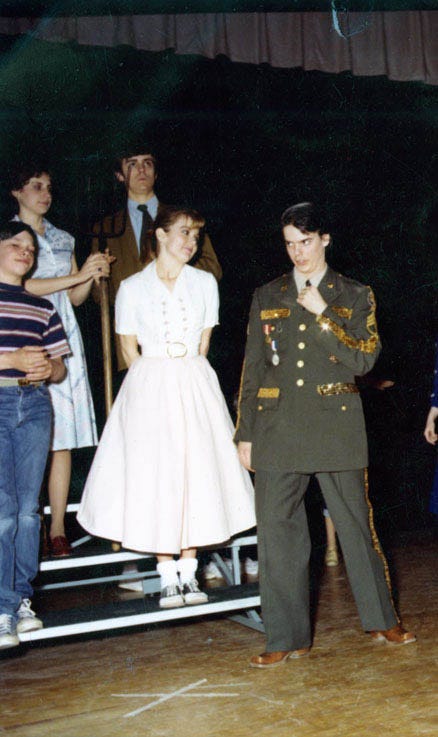
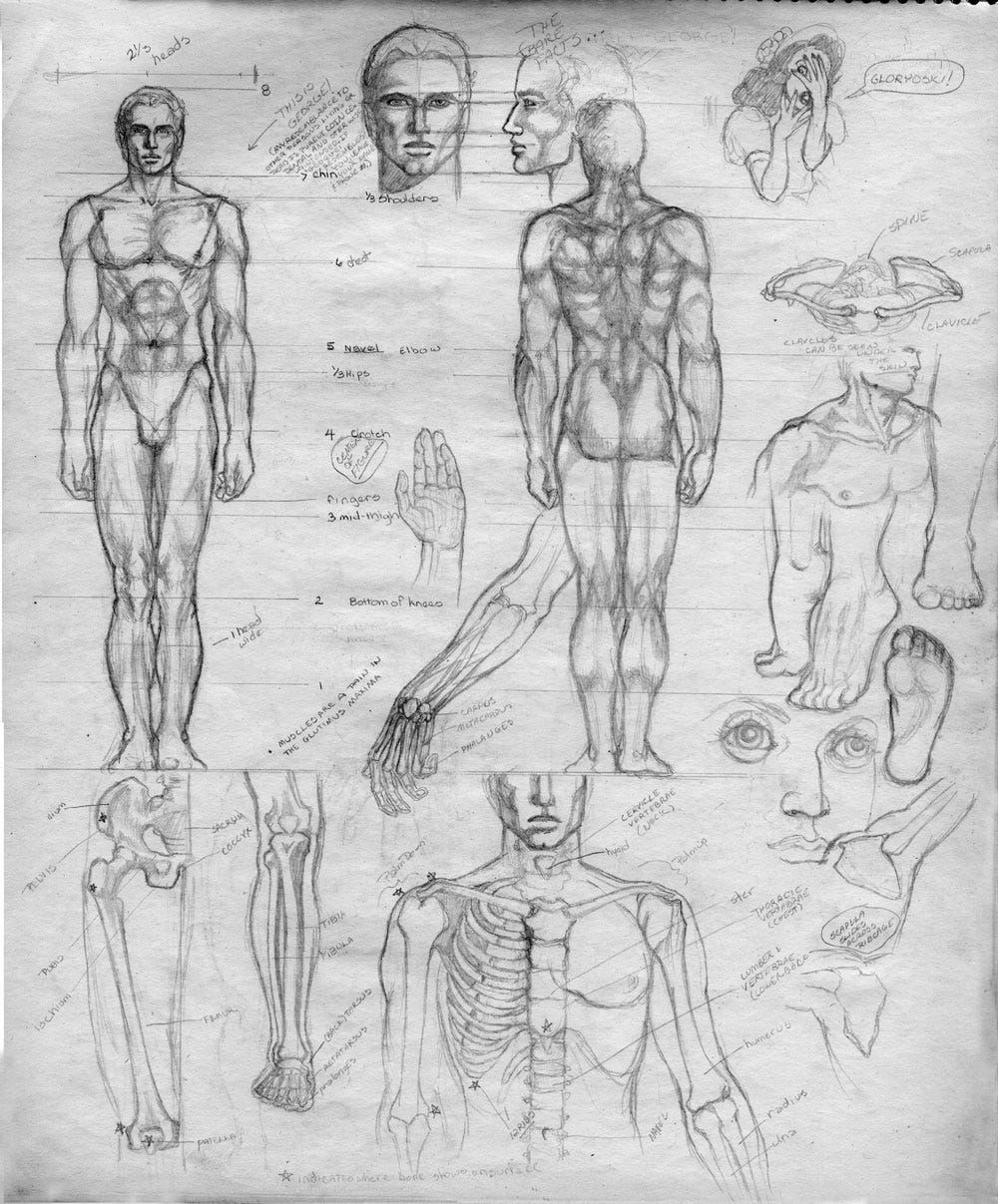

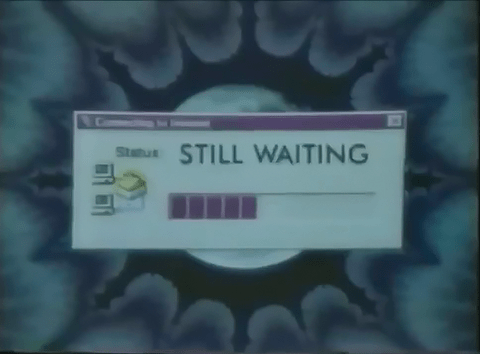
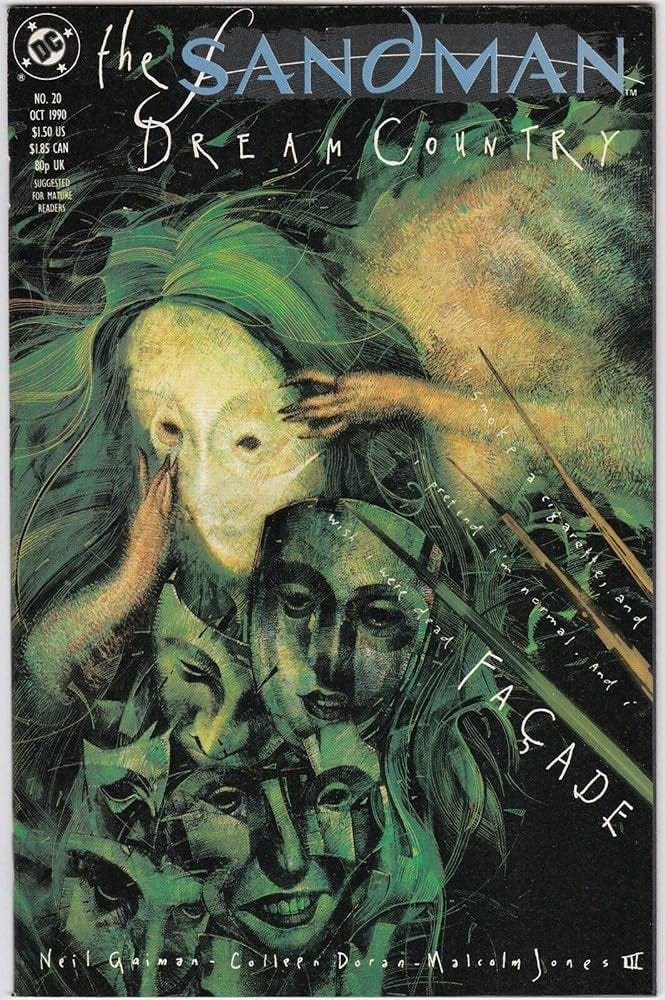
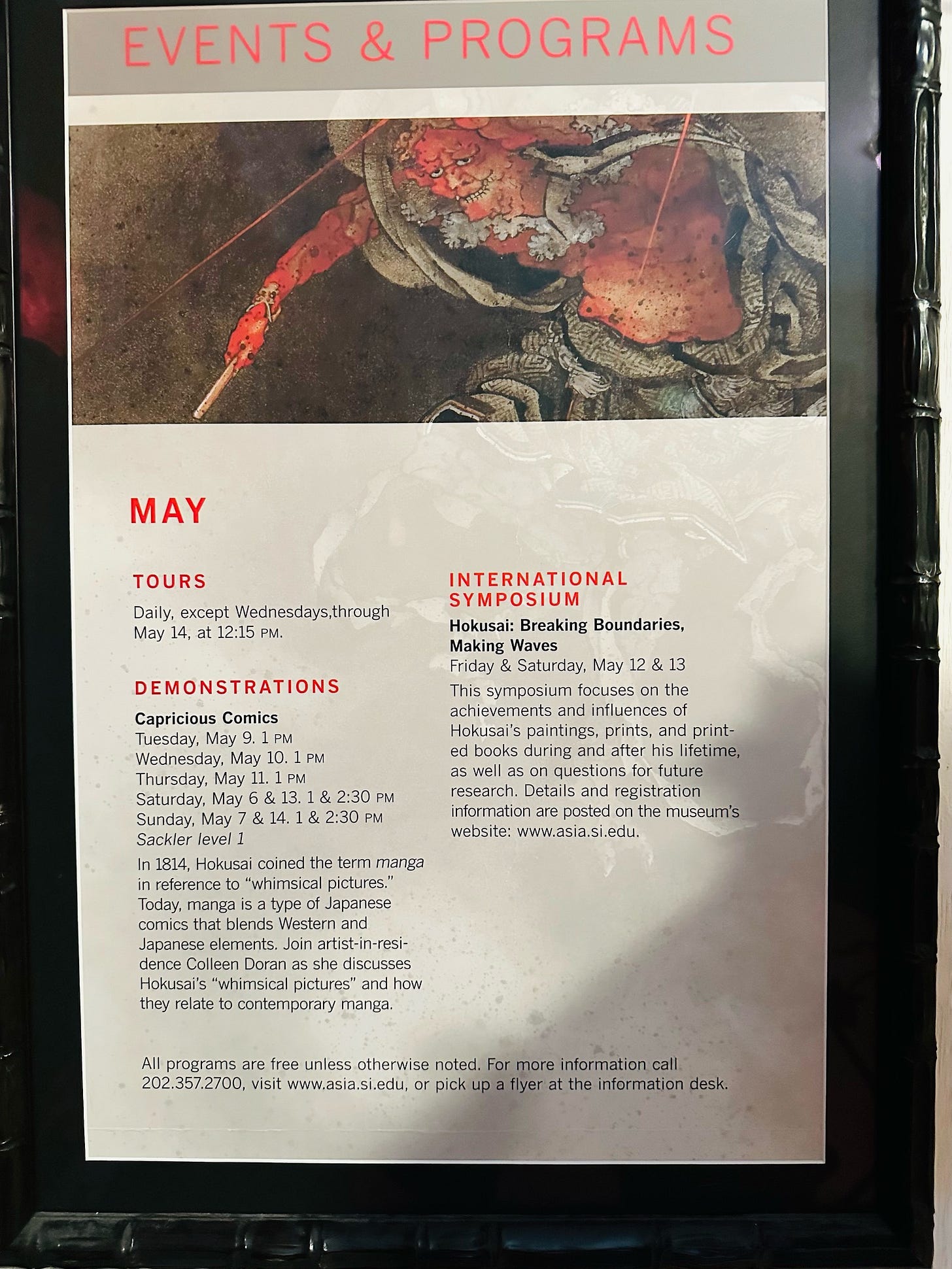
I was expecting pushback on this article from legions of people who had good experiences at these schools, but not a bit of pushback at all.
Another excellent article, Colleen. So many parts of it resonate with me, but my favorite part is: "And let’s just call this out: the arts is blue collar. It’s working class."